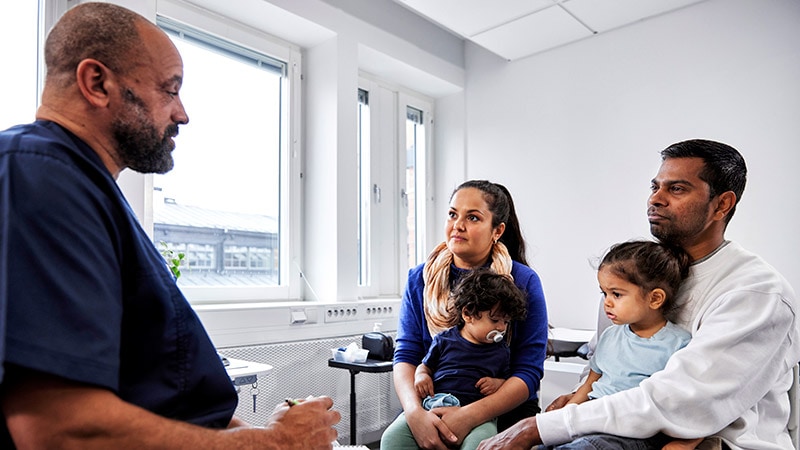Takeaway
- Cognitive behavioural therapy (CBT) adapted for autism spectrum disorder (ASD) alleviated maladaptive and interfering anxiety among affected school-aged youth.
Why this matters
- Anxiety commonly exacerbates functional impairment due to ASD.
Key results
- Adapted CBT yielded better post-treatment mean anxiety score vs:
- Standard CBT (2.13 vs 2.43; P=.04).
- Treatment as usual (2.13 vs 2.93; P<.001).
- Adapted CBT was also superior to both standard CBT and treatment as usual (estimated mean difference) on:
- Parent-reported scales of internalising symptoms (–0.097; P=.01 and –0.126; P=.04).
- ASD-associated social-communication symptoms (–0.115; P=.04 and –0.235; P=.008).
- Anxiety-associated social functioning (–0.160; P=.04 and –0.284; P=.02).
- Rate of positive treatment response:
- 11.1% with treatment as usual.
- 92.4% with adapted CBT (P<.001).
- 81.0% with standard CBT (P<.001).
Study design
- Randomised controlled trial among 214 children aged 7-13 years with ASD having maladaptive and interfering anxiety.
- Randomisation:
- Standard CBT (affect recognition, reappraisal, modelling/rehearsal, exposure tasks, reinforcement).
- CBT adapted for ASD (similar plus social communication and self-regulation challenges addressed with perspective-taking training and analytic techniques).
- Treatment as usual.
- Main outcome: Pediatric Anxiety Rating Scale score.
- Funding: National Institute of Child Health and Human Development.
Limitations
- Treatment session durations, parental involvement differed.
- Specificity of treatment effects to ASD not assessed.
- Uncertain generalisability.
References
References



